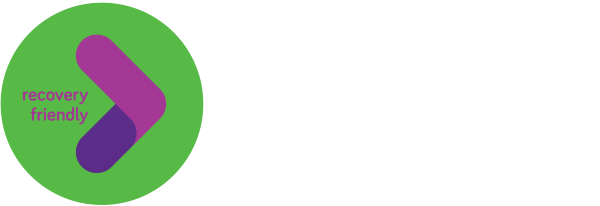MU Extension is partnering with MU ParentLink, Kinship Care Navigator Program, and those in Popular Bluff community with legal expertise to offer an informational legal clinic to individuals providing kinship care to loved ones. Kinship care is when children live with family members like grandparents, other relatives, and non-relative loved ones who provide a parenting role and safe homes for children when the parents cannot.
We recognize substance use disorder (SUD) affects people we all know—our mothers, siblings, friends, neighbors, coworkers, and community members. Nationwide, the opioid epidemic has increased the number of children in foster care and being raised by family members and other loved ones (1). This is no exception in Missouri, with 2021 rates suggesting an estimated 195,000 Missouri children living in informal kinship with no child welfare involvement arrangements and 10,000 living in formal kinship arrangements when they are placed in the state’s custody, (estimates based on Missouri Senior Report (2) and 2022 DSS CD Annual Report, table 18 (3)). While SUD accounts for a number of the kinship arrangements, other parental factors such as incarceration, death, mental health and/ or physical incapacity, poverty and homelessness, and military deployment also cause a need for children to be placed in kinship care. As a result, MU Outreach and Engagement units are working together to offer local events that provide free legal informational support to kinship caregivers.
Local events will be taking place in Columbia, and Poplar Bluff, Missouri in March and April.
March 18 from 5:30 – 7:30 in Poplar Bluff, Missouri
March, 6, 20, and April 3rd and 17th from 5:45 — 6:45 in Columbia, Missouri
“We began offering informational legal clinics to kinship caregivers in the central area of the state last fall and are currently working with the MU School of Law Child and Family Justice Clinic to continue offering the legal clinics out of Columbia. We are working to expand the clinics to the southeast and western areas of the state to allow the opportunity for more kinship caregivers to receive this information. The information provided at the clinics about legal options available to kin caregivers will help them feel more empowered to determine what legal path is the best fit for their family and what steps to take to achieve their legal goals,”
-Angie Nickell, M.S., Associate Director of Kinship and New Programming with ParentLink at the University of Missouri.
There’s more. These workshops are just a part of a statewide Kinship Navigator Program the University of Missouri offers.
In the program, “…we work to provide quality information, educational and outreach activities, support group services, and direct connections to needed services for Missouri’s kinship families…The program promotes effective partnerships among public and private agencies to ensure all kinship families are served, regardless of the child’s foster care status or custody status, or the caregiver’s age or legal relationship to the child,” says Nickell.
There’s even a support line for people to contact when they’re in need of immediate assistance. The number (1-833-KIN-4-KID) is available Monday through Friday 8 AM- 10 PM and weekends 12 PM to 5 PM. More information and resources are available on the website below.
https://cehd.missouri.edu/navigators/
While Missouri is struggling with rates of children in formal and informal kinship homes, MU ParentLink and other partnering entities are trying to help offer support to those loved ones who are going the extra mile.
Learn more: https://www.ncbi.nlm.nih.gov/pmc/articles/PMC7829093/
MU Extension Community Health Engagement and Outreach is supporting these events through the Show Me ACES Grant.
References:
- Casey Family Programs. “What supports can benefit kinship caregivers in families affected by substance use disorder?” 05Feb2024. https://www.casey.org/kinship-care-substance-use/. Accessed 29Feb2024.
- Missouri Senior Report Data Dashboard. University of Missouri Center for Health Policy. Updated 29June2023. Accessed 29Feb2024. http://missouriseniorreport.org/dashboard.php.
- Missouri Department of Social Service Children’s Division Annual Report 2022 Fiscal Year, Table 18. Accessed 19Feb2024. https://dss.mo.gov/re/pdf/cs/2022-missouri-childrens-division-annual-report.pdf
- University of Missouri College of Education and Human Development. “Kinship Navigators Program.” 2024. Accessed 29Feb2024. https://cehd.missouri.edu/navigators/.

